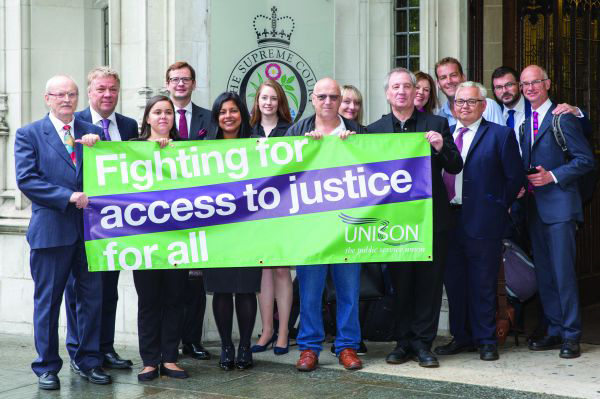
When employment tribunal (ET) fees were declared unlawful by the UK Supreme Court, Lord Justice Reed in his seminal judgment in R (on the application of Unison) v Lord Chancellor [2017] UKSC 51, [2017] 4 All ER 903 established that ‘the constitutional right of access to the courts is inherent in the rule of law’ [66].
He emphasised that the ‘right of access to the courts has long been recognised’ and cited Magna Carta as ‘a guarantee of access to courts which administer justice promptly and fairly’ [74].
So what has happened to ET claims in the two years since this momentous decision?
The rise & fall in ET claims
We know that following a peak in 2009–10, year on year, fewer claims were being lodged in ETs. When fees were introduced in July 2013, there was a dramatic overall drop of about 70% of single claims.
The latest government statistics published on 12 September 2019 (bit.ly/2nqsubS) show that single claims









